Brief facts and history of the case
The Civil Appeal No. E625 of 2023 arises from a petition filed on 11 January 2023 by Stephen Nikita Otinga, who contended that the Advocates Training Programme (ATP) at the Kenya School of Law (KSL) was beset by severe challenges, including mass student failures, resource constraints, and a decline in academic standards.
The appellant argued that the Council of Legal Education (CLE) had failed, neglected, or refused to perform its statutory duty under the Legal Education Act, 2012 by not developing the necessary regulatory framework to license additional legal education providers for the ATP. This omission, he maintained, had entrenched a monopoly favoring the KSL, thereby undermining the overall quality of legal education.
In support of his petition, the appellant invoked various constitutional and statutory provisions, asserting that the CLE’s inaction breached its obligations under the Legal Education Act and violated constitutional principles, including the right to quality education, consumer rights under Article 46, and the principles of transparency and accountability inherent in good governance.
The petition was further reinforced by recommendations from the task-force on legal sector reforms established in 2016, which highlighted that over-enrollment and resource constraints at the KSL necessitated the liberalization and decentralization of the ATP. The task-force advised that the CLE should urgently “execute its mandate to develop the regulatory framework, standards and license other Legal Education Providers to provide training in the ATP.”
Respondents, including the Ministry of Education, the Attorney General, the CLE, and the KSL, opposed the petition, arguing that no legal education provider had applied for a license to offer the ATP and that issues of admission and regulation were governed by the Kenya School of Law Act, thus asserting that the CLE had acted within its statutory and regulatory framework.
The High Court, presided over by Judge L.N. Mugambi, dismissed the petition on 30 June 2023, holding that the appellant had not sufficiently demonstrated that the CLE’s conduct amounted to a breach of its statutory obligations or that there was an actionable conflict between the Legal Education Act and the KSL Act.
Dissatisfied with the High Court’s decision, the appellant appealed, contending that key issues namely the CLE’s statutory duty to license additional legal education providers and the potential inconsistency between the Legal Education Act and the KSL Act had not been properly addressed, and that the court erred in not issuing a judicial review order (mandamus) compelling the CLE to perform its regulatory functions.
Court of Appeal’s decision and prospects of appeal by KSL
On 7 March 2025, the Court of Appeal, comprising Judges Kiage, Achode, and Korir, allowed the appeal and set aside the High Court’s judgment. The Court emphasized the necessity of determining the CLE’s duty and addressing statutory inconsistencies. In support of this, the Court observed in Kenya National Examinations Council Vs. Republic & 2 others 2019 KECA 493 that “an order of mandamus will compel the performance of a public duty” when a statutory obligation is neglected.
The ruling underscores that decentralizing the ATP relieves the heavy burden on KSL and fosters competition and innovation in legal education. The decision is bolstered by the principle, as noted in Law Society of Kenya Vs. Kenya Revenue Authority & another 2017, that clear statutory mandates should be enforced to eliminate ambiguity, and further supported by Kenya Revenue Authority Vs. Waweru & 3 others; Institute of Certified Public Accountants & 2 others 2022, where broader statutory objectives were held to supersede restrictive provisions.
While the Court of Appeal’s decision firmly supports decentralization, KSL retains the right to appeal further. Any such appeal would need to demonstrate a substantial misinterpretation of statutory provisions or an error in applying established case law, a challenging prospect given the robust legal precedents and the clear mandate for decentralization outlined in this ruling.

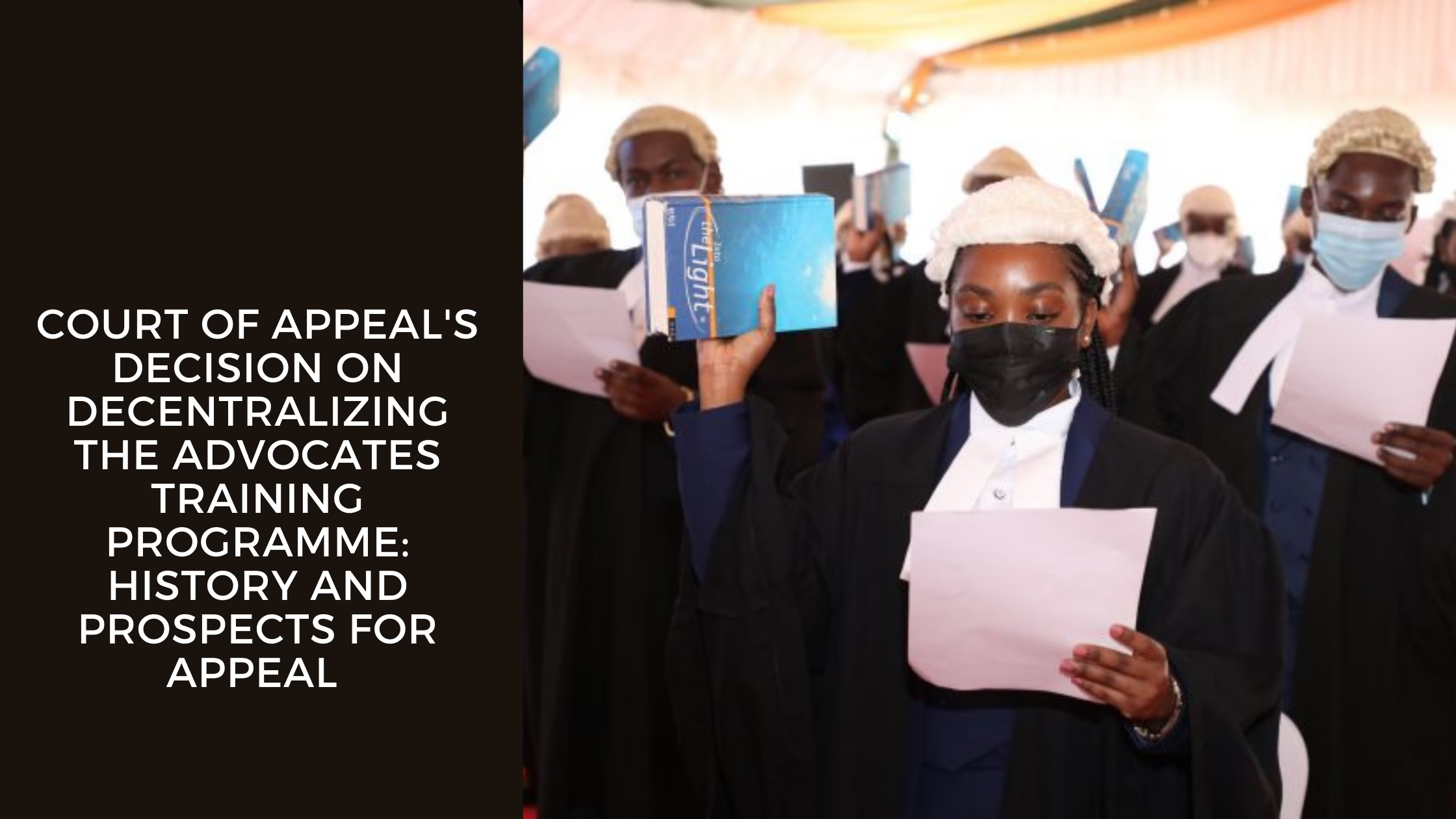
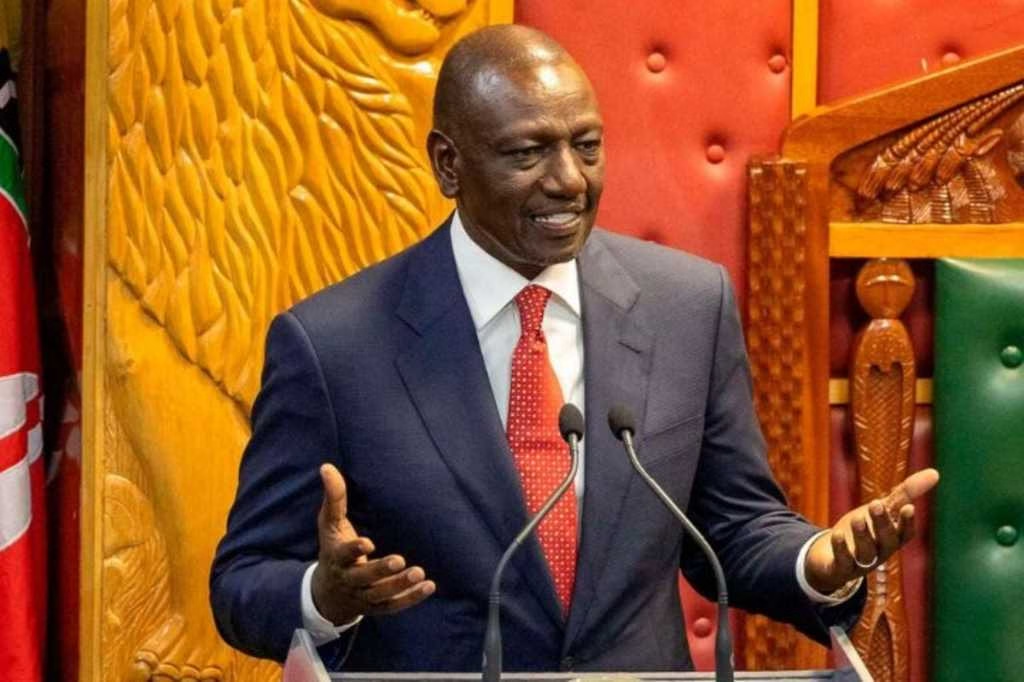



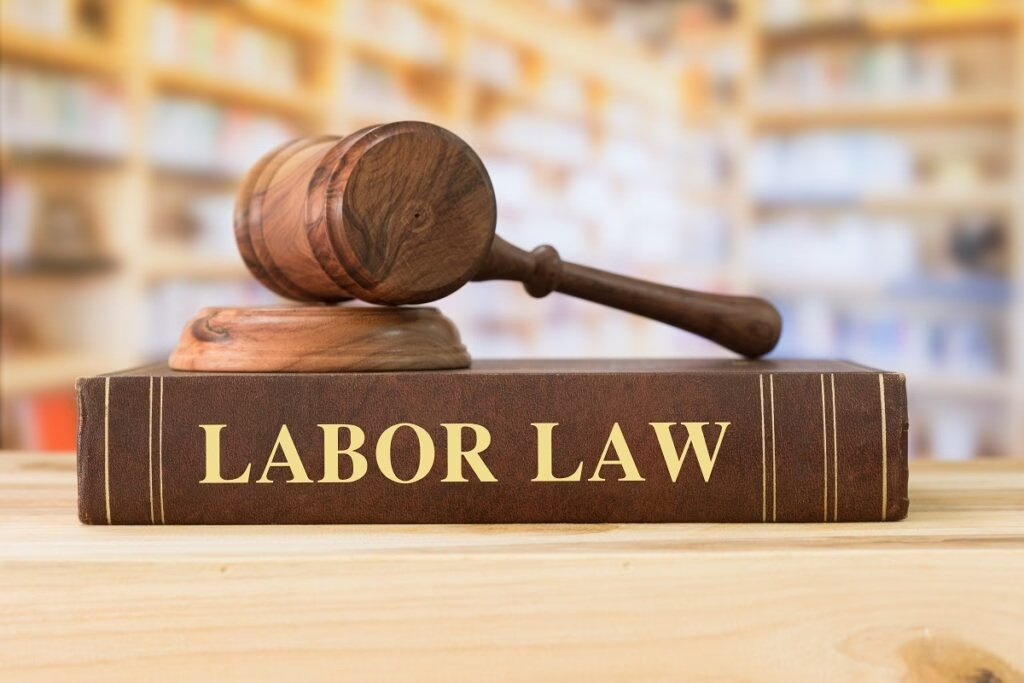


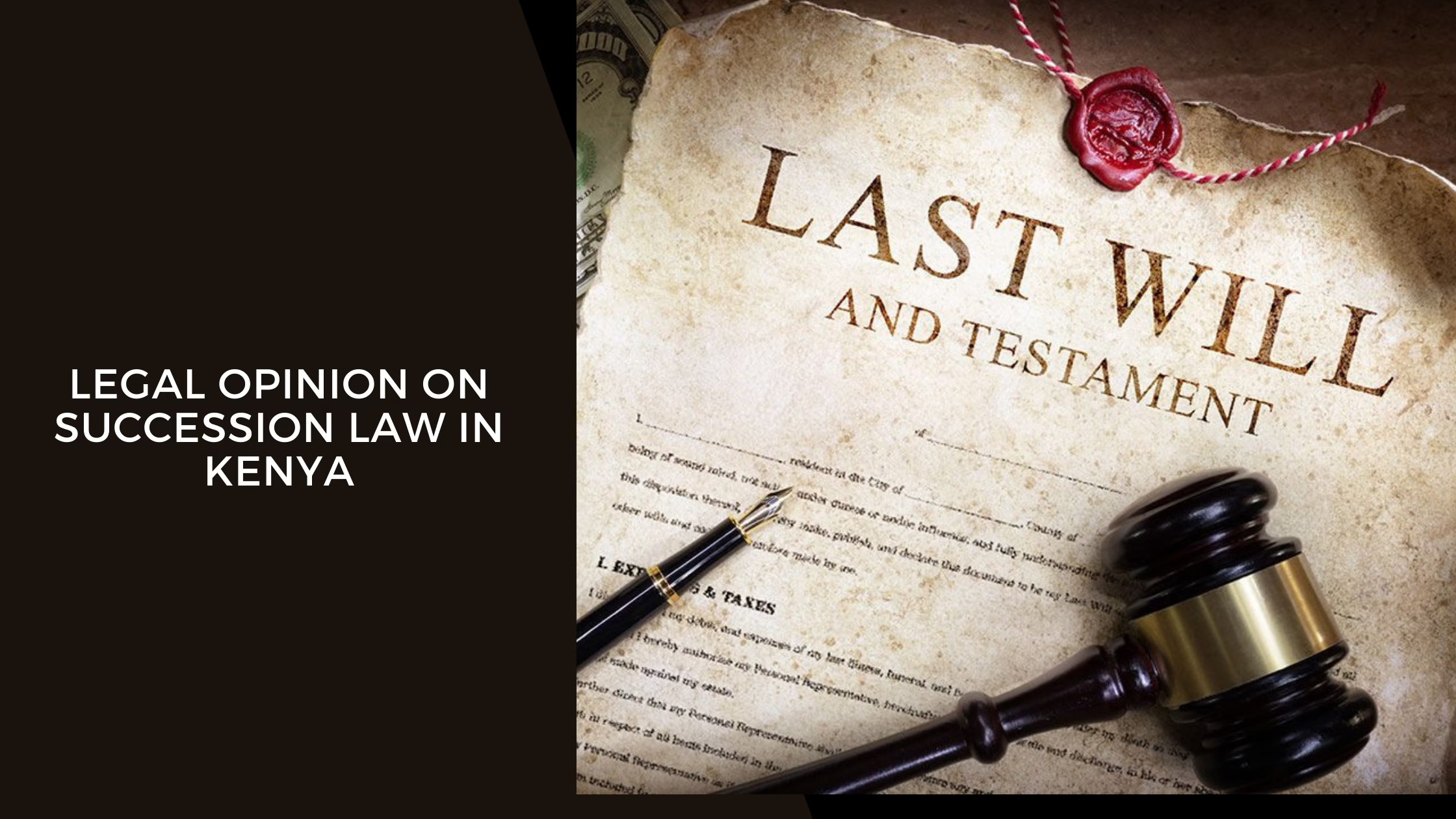
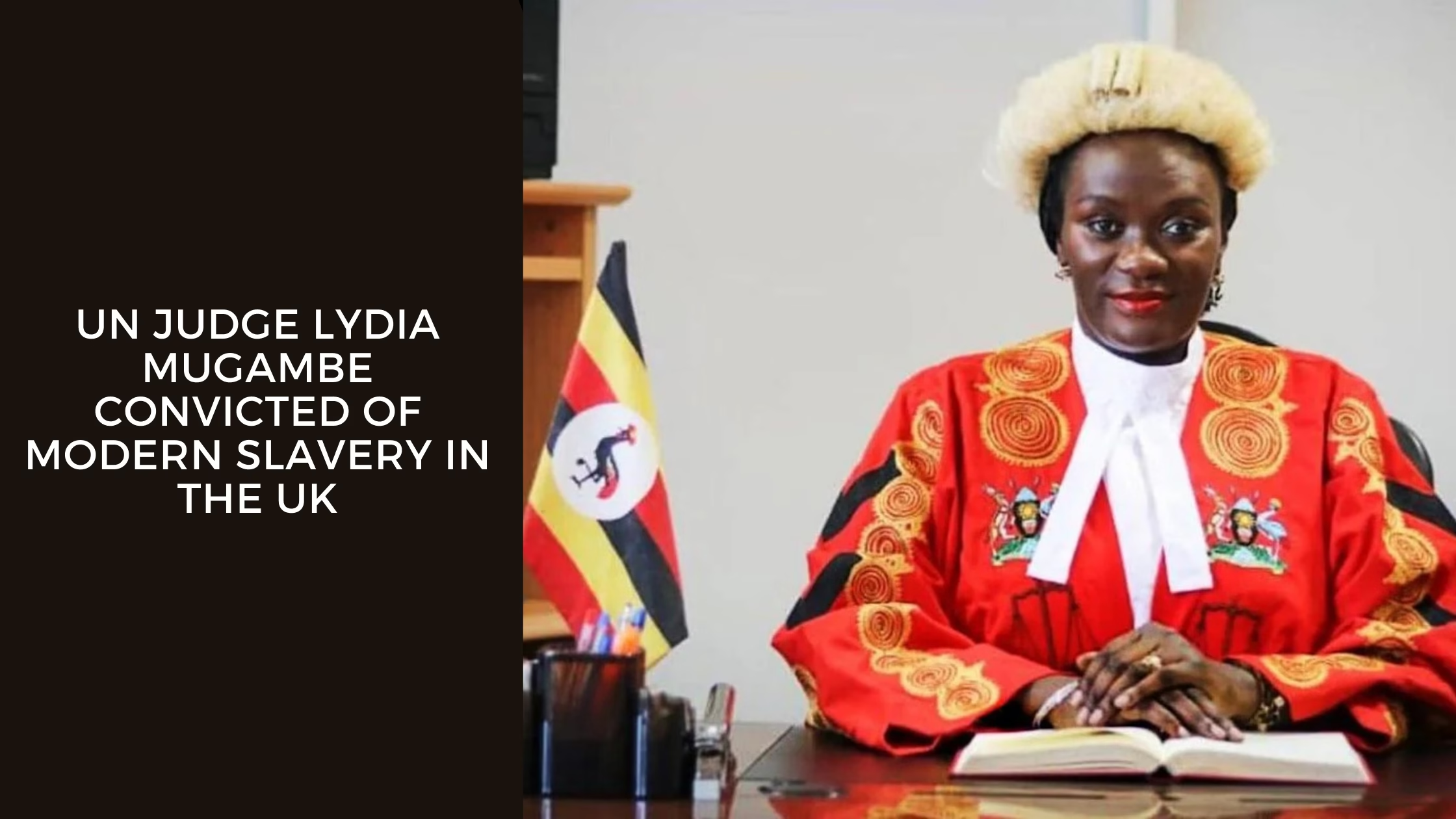
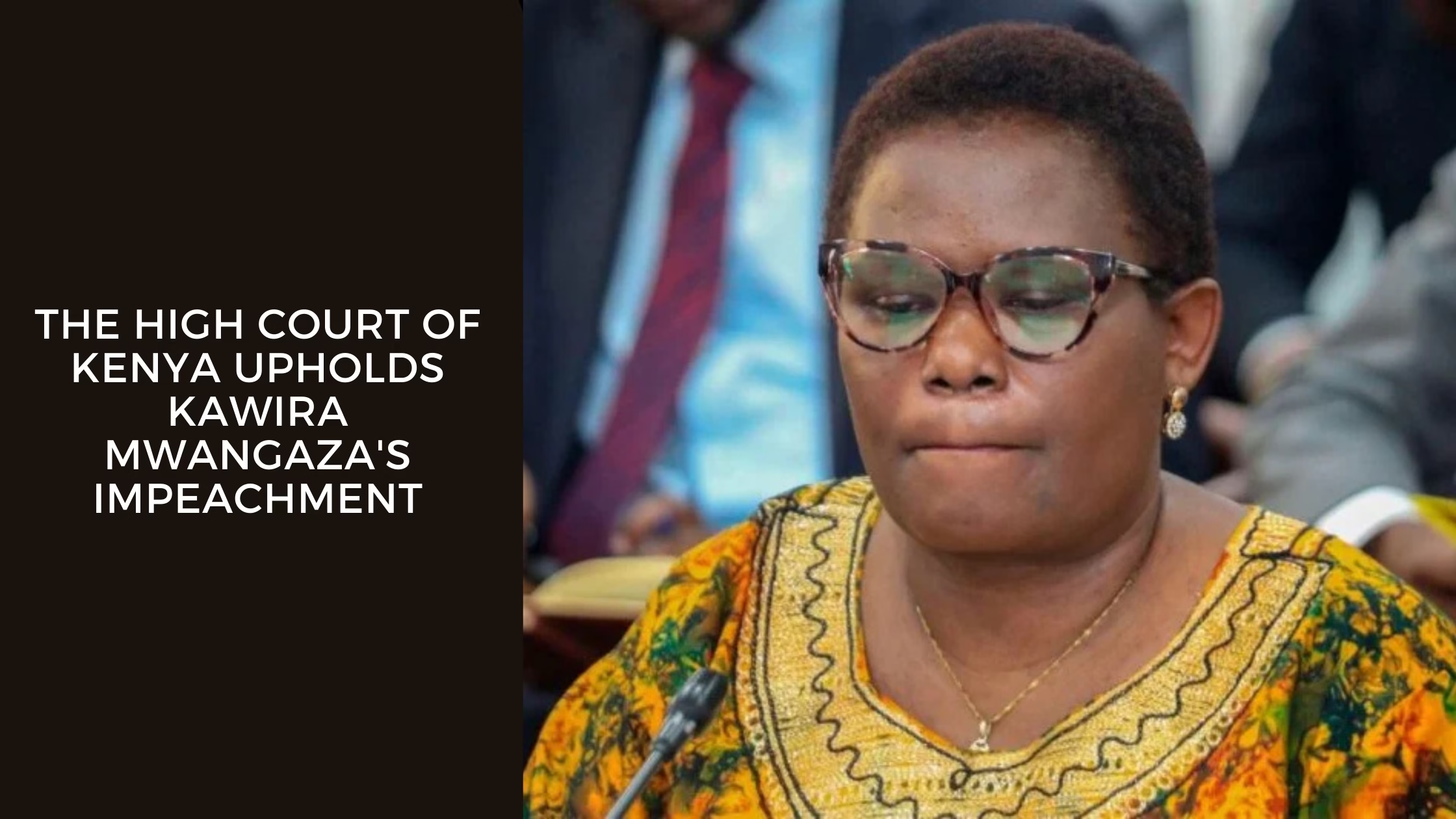


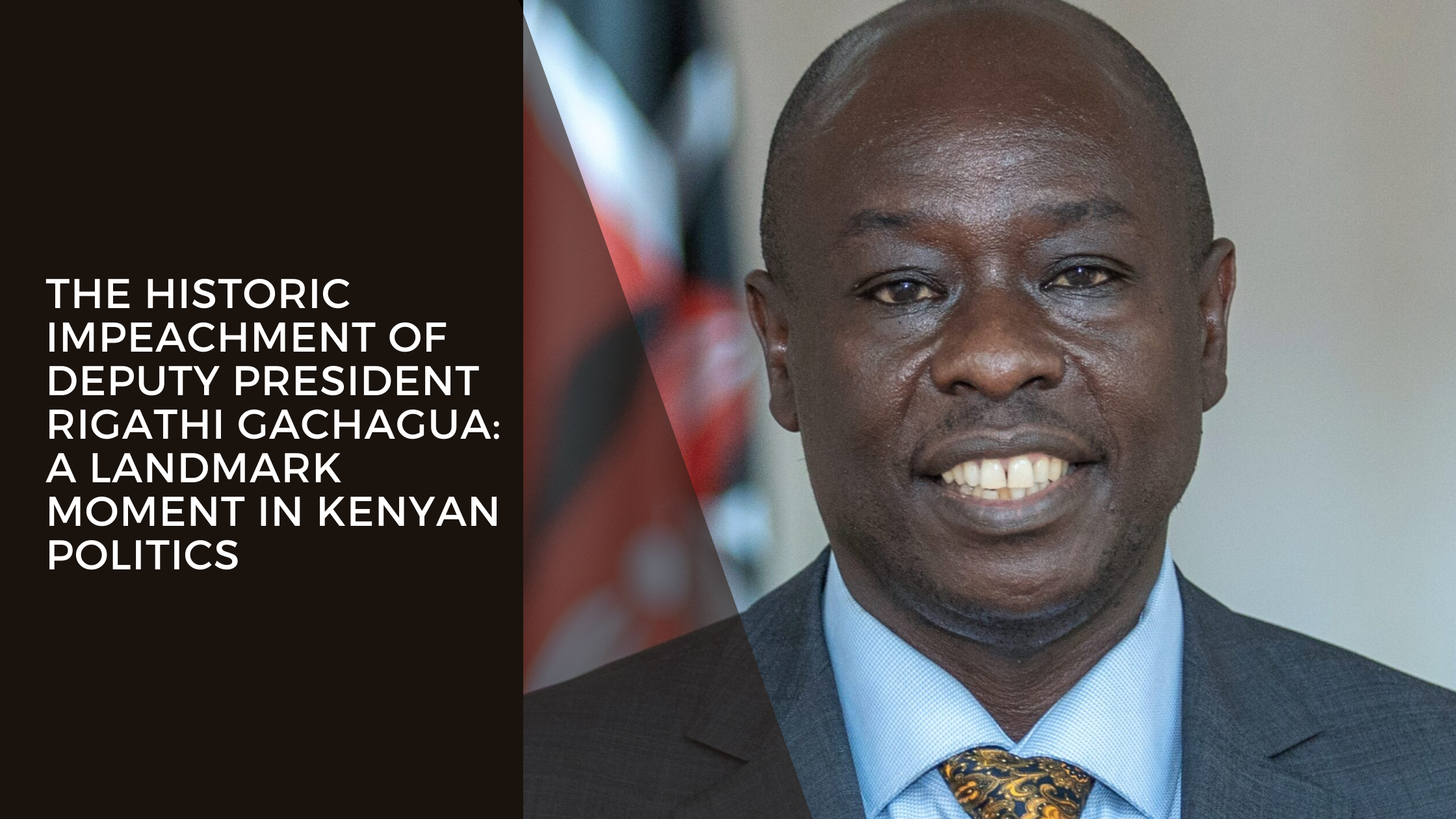


Leave a Reply